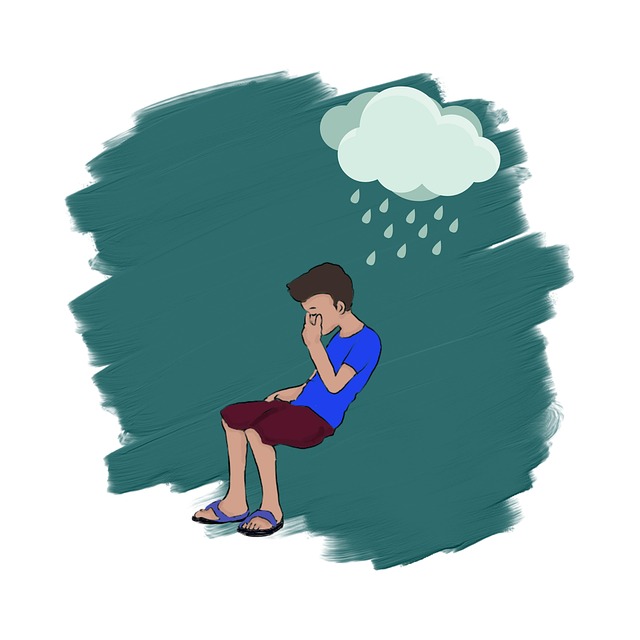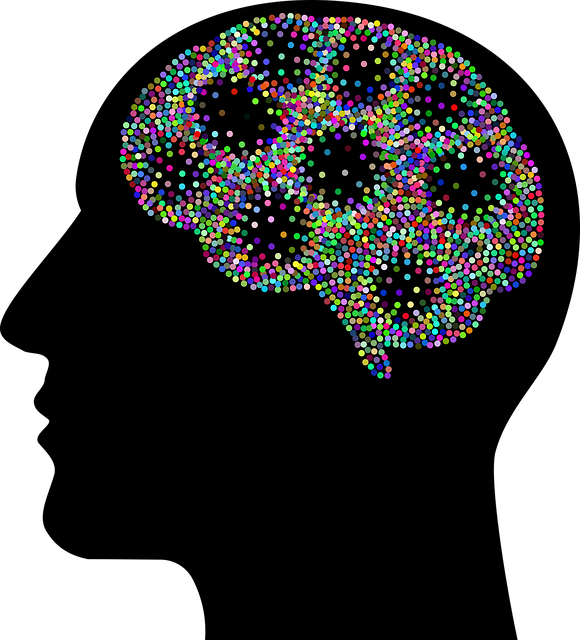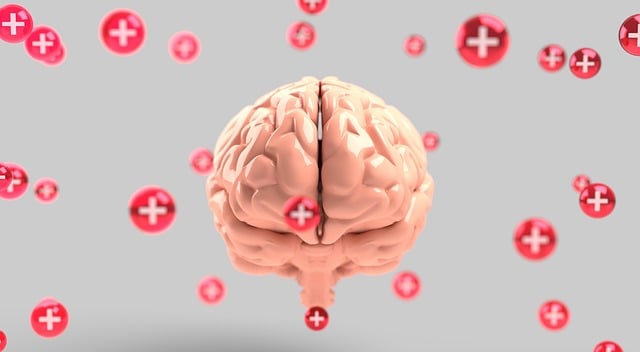Risk assessment and harm minimization are paramount in therapy for young children with cancer issues, focusing on mental health support and holistic approaches. By integrating strategies like mindfulness, play, and art therapies, healthcare professionals enhance safety, resilience, and emotional intelligence. Tailored interventions, including mental wellness coaching, improve patient-therapist communication, enabling early identification of distress and optimizing treatment outcomes. Regular evaluation, flexible treatment plans, and compassion cultivation practices ensure high-quality care, fostering emotional well-being for both patients and families throughout their cancer journey.
Risk assessment and harm minimization planning are critical components of pediatric cancer care, ensuring safe therapy delivery and enhancing long-term well-being. This article delves into essential aspects such as understanding risk assessment in pediatric oncology, identifying potential harms and their sources, developing comprehensive minimization strategies, and implementing safe therapy practices. We explore continuous evaluation techniques to adapt plans, addressing evolving needs related to therapy for young children’s cancer issues.
- Understanding Risk Assessment in Pediatric Cancer Care
- Identifying Potential Harms and Their Sources
- Developing a Comprehensive Minimization Plan
- Implementing Strategies for Safe Therapy Delivery
- Continuous Evaluation and Adaptation: Ensuring Long-Term Well-being
Understanding Risk Assessment in Pediatric Cancer Care

Risk assessment plays a pivotal role in pediatric cancer care, focusing on identifying and mitigating potential harms associated with therapy for young children facing cancer issues. This meticulous process involves evaluating the benefits and risks of various treatment options, ensuring the safety and well-being of vulnerable patients. By thoroughly assessing each child’s unique circumstances, healthcare professionals can tailor interventions to minimize adverse effects while maximizing therapeutic outcomes.
In this context, a comprehensive mental health policy analysis and advocacy is essential. Understanding the psychological impact of cancer treatment on children and their families is crucial. Incorporating practices like mindfulness meditation and developing self-care routines can significantly enhance coping mechanisms, fostering resilience among pediatric patients. These strategies not only contribute to better mental health but also complement the physical aspects of cancer care, holistically addressing the needs of young individuals navigating this challenging journey.
Identifying Potential Harms and Their Sources

Identifying potential harms is a critical step in risk assessment and harm minimization planning, especially when focusing on therapy for young children with cancer issues. These harms can manifest from various sources within the therapeutic environment. Mental health professionals must consider not only the physical side-effects of treatment but also the psychological impact on the child’s mental health awareness. Therapy sessions should aim to manage mood alterations, as children undergoing cancer treatments often experience emotional volatility.
Risk management planning for mental health professionals involves anticipating these potential challenges. By understanding the common triggers and sources of harm, therapists can develop strategies to mitigate risks effectively. This proactive approach ensures that therapy remains safe and supportive, fostering a positive environment for young patients dealing with cancer-related issues.
Developing a Comprehensive Minimization Plan

In developing a comprehensive harm minimization plan for therapy involving young children with cancer issues, it’s crucial to approach each step with a meticulous eye toward holistic well-being. This involves addressing not only the physical aspects of treatment but also the emotional and psychological dimensions. Young minds are particularly susceptible to stress and anxiety, so integrating strategies for emotional regulation is paramount. Therapists should employ techniques that encourage positive thinking and mental illness stigma reduction efforts, fostering an environment where children feel safe and understood.
A robust plan should include tailored interventions to support each child’s unique needs. This might involve play therapy, art therapy, or mindfulness practices designed to enhance emotional intelligence and coping mechanisms. By incorporating these strategies, therapists can significantly mitigate potential harm and promote resilience in young cancer patients, ensuring their overall well-being throughout the treatment journey.
Implementing Strategies for Safe Therapy Delivery

Implementing strategies for safe therapy delivery is paramount when focusing on therapy for young children with cancer issues. This involves a multi-faceted approach that combines robust safety protocols, evidence-based practices, and tailored interventions to address the unique needs of each child. Mental wellness coaching programs development, including effective mood management techniques and communication strategies, plays a significant role in enhancing therapy outcomes.
By integrating these components, healthcare professionals can ensure a supportive environment that fosters mental wellness while mitigating potential harms. Communication strategies are particularly crucial for building trust and understanding between therapists and young patients, facilitating open dialogue about fears, anxieties, and treatment experiences. Such approaches not only strengthen the therapeutic bond but also enable early identification and intervention of any adverse reactions or emotional distress, thereby optimizing the overall safety and effectiveness of therapy for these vulnerable children.
Continuous Evaluation and Adaptation: Ensuring Long-Term Well-being

In the ever-evolving landscape of healthcare, continuous evaluation and adaptation are paramount to ensuring long-term well-being, particularly when addressing complex issues like young children’s cancer. Therapy for young cancer patients requires a dynamic approach that adapts to their changing physical and emotional states. Healthcare providers must consistently assess risks and adjust treatment plans, incorporating compassion cultivation practices to mitigate potential harm. By fostering an environment of empathy and understanding, therapists can enhance the mental wellness of both patients and their families, proving invaluable in navigating this challenging journey.
Regularly reviewing and updating harm minimization strategies is essential to stay ahead of emerging research and best practices. For instance, Mental Wellness Journaling Exercise Guidance can offer children a sense of control and agency during treatment, helping them process emotions and fears. Moreover, Burnout Prevention Strategies for Healthcare Providers are crucial to maintaining optimal care quality over the long term, ensuring that professionals in this field remain compassionate and effective as they continue to support young cancer patients and their families.
Risk assessment and harm minimization planning are indispensable components of providing safe and effective therapy for young children with cancer issues. By understanding the unique risks associated with pediatric oncology, identifying potential harms, and developing comprehensive minimization strategies, healthcare professionals can ensure optimal care. Implementing these plans requires a multifaceted approach, including continuous evaluation and adaptation to evolving patient needs. Through diligent risk management, we can enhance the safety of therapy delivery, foster positive outcomes, and promote long-term well-being for young cancer patients.












